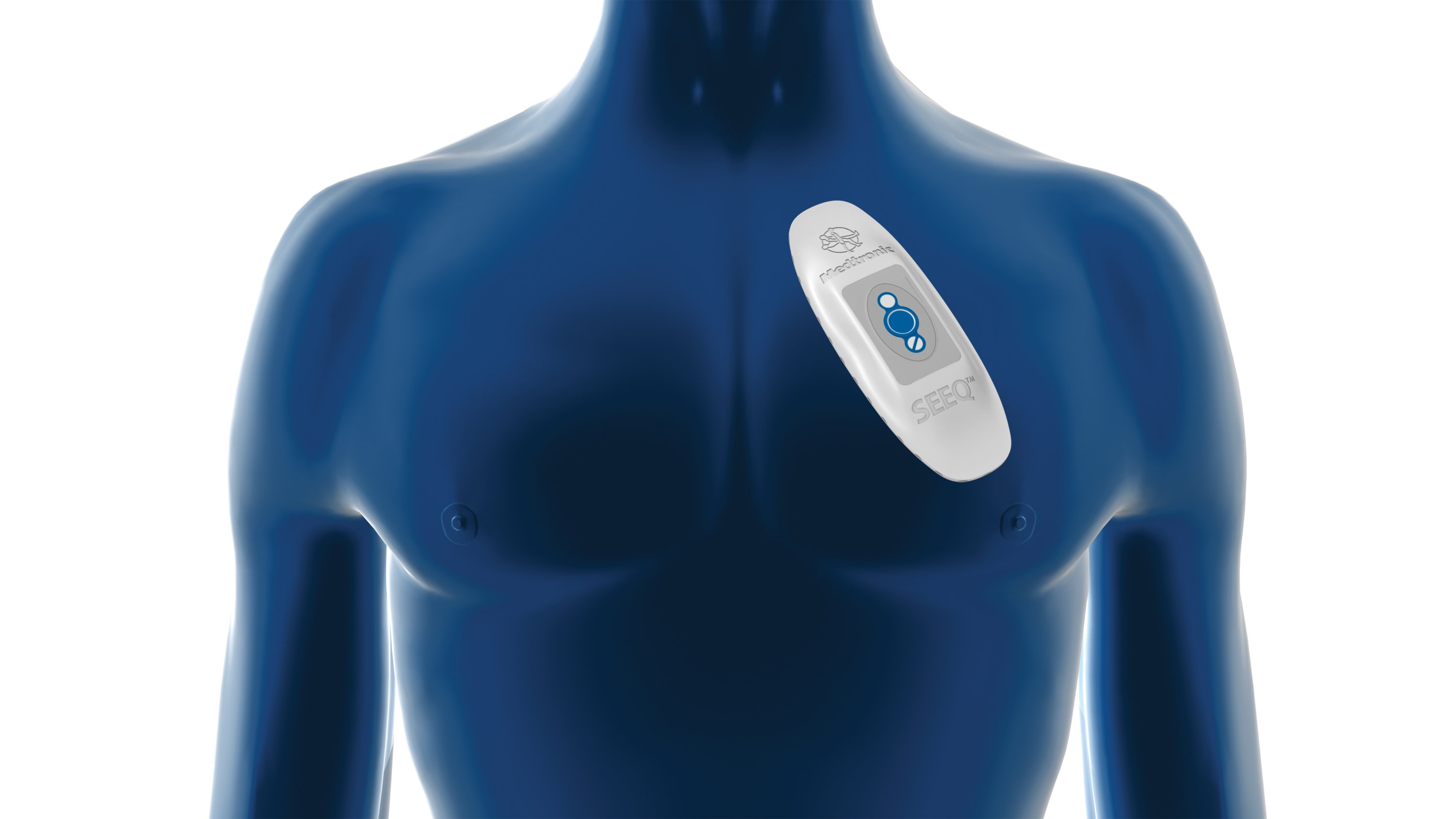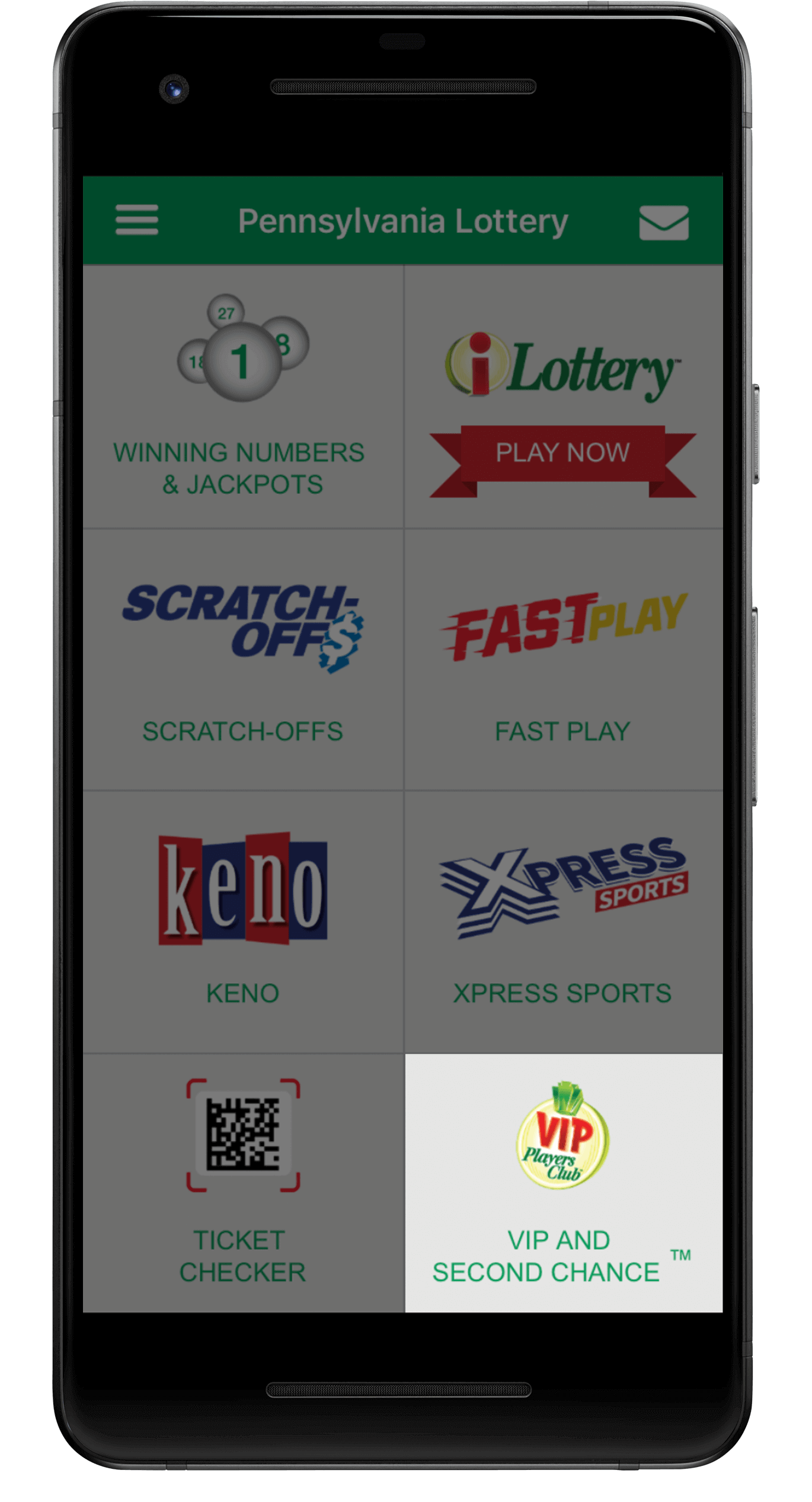You may be asked to wear a cardiac event recorder if you have fast slow or irregular heartbeats called arrhythmias. The global arrhythmia monitoring devices market size was valued at USD 498 billion in 2017.
This is the most common recording device as it is usually only used during a 24-72 hour period to detect.

Arrhythmia monitoring devices. In the report a detailed analysis of the cardiac arrhythmia monitoring devices market is provided. These devices are worn up to 30 days at a time. The clinical need to monitor outpatients has resulted in advances in technology that now allow us to monitor heart rhythms remotely through a wide variety of devices including ambulatory external monitors implantable event recorders pacemakers and cardioverter-defibrillators.
The technology can eliminate the need for a bulky external Holter monitor that requires wire leads attached to the patient and can only monitor the patient for 24 - 48 hours. Holter Monitor is a portable ECG monitor that can be worn by a patient for duration of 24 to 48 hours while the device continuously monitors the heart rhythm. It has fewer leads than a normal clinical ECG machine.
To monitor infrequent arrhythmias the physician uses ambulatory ECG or event recording. The clinical need to monitor outpatients has resulted in advances in technology that now allow us to monitor heart rhythms remotely through a wide variety of devices including ambulatory external monitors implantable event recorders pacemakers and cardioverter-defibrillators. It is projected to expand at a CAGR of 68 during the forecast period.
The current standard of cardiac monitoring is the Holter monitor which provides 2448 hours of continuous ECG recording. Implantable cardiac monitors ICM are small devices used for long-term monitoring of a patients heart electrical activity to detect irregular heart rhythm arrhythmia. There are three leads linking the device to the patients chest which allows for solid and stable transfer of ECG signal.
Watch an animation of an arrhythmia. Wearable heart rhythm monitoring devices are typically worn on the wrist or on a chest strap. 24 hour 7 day Holter Monitor A Holter monitor is a portable EKG.
Wearing the monitor may tell your doctor. The patient wears portable ECG devices that record arrhythmic events while the patient is away from the physicians office. They work only when a person turns on the device.
Cardiac arrhythmia monitoring devices are used for monitoring the patients at risk or with heart arrhythmia. The devices can connect to the internet for data reporting. For people with recurrent arrhythmias medical devices such as a pacemaker and implantable cardioverter defibrillator ICD can help by continuously monitoring the hearts electrical system and providing automatic correction when an arrhythmia starts to occur.
Many contain smart sensors that can record both heart rate and rhythm. Acticor 7 VR-TVRT-T DXDR-T. Ambulatory monitoring devices include.
Your doctor may recommend an event monitor when symptoms are infrequent less than daily. Holter monitoring is used in patients who experience frequent fainting episodes one or more a week. In many cases the arrhythmia may not occur during this time period leading to the monitoring being repeated.
A range of treatment therapies has been developed for management of cardiac arrhythmia including artificial pacemakers antiarrhythmic drugs and implanted defibrillators. PocketECG is a portable small roughly smartphone-sized and user-friendly heart arrhythmia monitoring device that increases patient compliance. Cardiac arrhythmia monitoring devices are greatly helpful in following the function of heart and report any variations from the normal in normal functioning such as rhythm.
These devices detect and alarm the heartbeats that are irregular being either too slow or too fast. There are four types of cardiac monitoring devices. The patient is free.
This section covers everything you need to know about these devices. Electrodes attached to your chest are connected to a small box that records your heart activity as you go about your day activities.

